Russia accused western European leaders on Sunday of not wanting peace in Ukraine, as Moscow’s most senior diplomat praised efforts by Donald Trump to end the war, while Vice-President JD Vance said the US would “keep on trying” to broker talks in the absence of a deal.
Sergei Lavrov, the Russian foreign minister, made the comments during a sometimes contentious interview on NBC on Sunday morning, during which he denied his country had bombed civilian targets in Ukraine.
Trump, he said, had set himself above European leaders who accompanied Ukraine’s president Volodymyr Zelenskyy for talks at the White House last week, immediately after the summit between the US president and his Russian counterpart Vladimir Putin in Anchorage, Alaska, on 15 August.
“We want peace in Ukraine. He wants, President Trump wants, peace in Ukraine. The reaction to [the] Anchorage meeting, the gathering in Washington of these European representatives and what they were doing after Washington, indicates that they don’t want peace,” Lavrov said.
The Alaska talks produced neither a ceasefire nor an agreement for Zelenskyy and Putin to meet, and was widely considered to be a public relations triumph for the Russian leader.
Lavrov brushed aside Trump’s apparent frustration at the outcome and the US warning of “massive sanctions or massive tariffs or both” against Moscow. He said “yes” when asked if Putin wanted peace and said Putin and Trump respected each other, while assailing the alliance of leaders such as France’s Emmanuel Macron, Germany’s Friedrich Merz, Britain’s Keir Starmer and European Union president Ursula von der Leyen who came to the White House last week to bolster Zelenskyy’s visit.
European leaders in recent days have pledged to support security guarantees as part of a peace agreement, although Russia has flatly rejected the prospect of troops from countries in Europe being positioned in Ukraine.
Trump has ruled out sending the US military, and on Friday it was reported that his administration had blocked Ukraine’s use of US-supplied long-range missiles to attack Russia.
Meanwhile, Canadian prime minister Mark Carney told Zelenskyy on Sunday that he backed Ukraine’s calls for robust security guarantees and that Canada would not rule out sending troops.
Earlier, Lavrov became defensive when NBC asked him if Putin was “stringing along” Trump by appearing conciliatory to his peace overtures but continuing to bomb Ukraine, attacks which last week included an airstrike on an American electronics manufacturing company in the west of the country.
“It is not for the lawmakers or for any media outlet to decide what President Trump is motivated by. We respect President Trump because President Trump defends American national interests. And I have reason to believe that President Trump respects President Putin because he defends Russian national interests,” he said.
Critics, including some conservative voices, are alarmed by what they see as Putin manipulating Trump over Ukraine and US elections.
Lavrov meanwhile denied that Russia attacks civilian targets including schools, hospitals and churches, hinting at Russia’s extraordinary claims throughout the war that Ukraine is attacking its own people.
“Our intelligence has very good information, and we target only military enterprises, military sites or industrial enterprises directly involved in producing military equipment for [the] Ukrainian army,” he said.
Vance appeared separately in the same Sunday morning program and insisted Russia deserved credit for indicating it was ready to end a conflict that Trump has said more than 50 times he would solve “in one day”, while in contrast the vice-president warned of a longer process.
“I think the Russians have made significant concessions to President Trump for the first time in three and a half years of this conflict,” Vance said.
“They’ve recognized that they’re not going to be able to install a puppet regime in Kyiv. That was, of course, a major demand at the beginning. And importantly, they’ve acknowledged that there is going to be some security guarantee to the territorial integrity of Ukraine.”
Vance said historically that peace negotiations go “in fits and starts” and warned that he did not think ending the war was “going to happen overnight”.
Vance said of Russia, in a comment that was not further clarified: “Should they have started the war? Of course, they haven’t. But we’re making progress”. Trump in February blamed Ukraine, saying, “you never should have started it.”
Any sanctions against Russia, Vance said, would be on a “case by case basis”, but he remained hopeful that US efforts could bring Zelenskyy and Putin together.
“It’s complicated, but we’re going to keep on trying to convince these parties to talk to each other and continue to play the game of diplomacy, because that’s the only way to get this thing wrapped up.”
Lavrov remained adamant that Russia also wanted peace, and acknowledged “Ukraine has the right to exist”. But he said it “must let people go”, referring to Putin’s demand that it give up Crimea, the Ukrainian peninsula seized by Russia in 2014, as well as southern and eastern parts, such as the Donbas, captured since 2022, as part of a peace agreement.
“In Crimea [they] decided that they belong to the Russian culture,” he said, citing a disputed 2014 referendum condemned by most of the world as illegal.
On Friday, Senator Chris Coons, a Democrat of Connecticut, said on CNN that stronger US action was needed because “Putin is not going to stop until we stop him.”
-
Reuters contributed reporting

 German (DE)
German (DE)  English (US)
English (US)  Spanish (ES)
Spanish (ES)  French (FR)
French (FR)  Hindi (IN)
Hindi (IN)  Italian (IT)
Italian (IT)  Russian (RU)
Russian (RU)  4 hours ago
4 hours ago





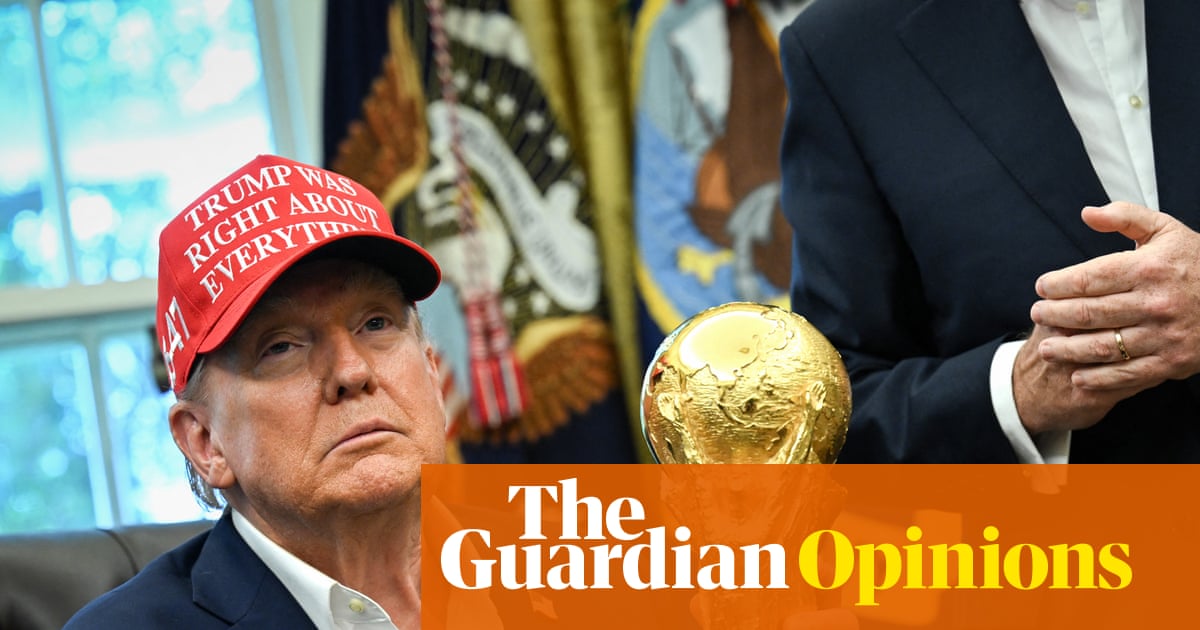






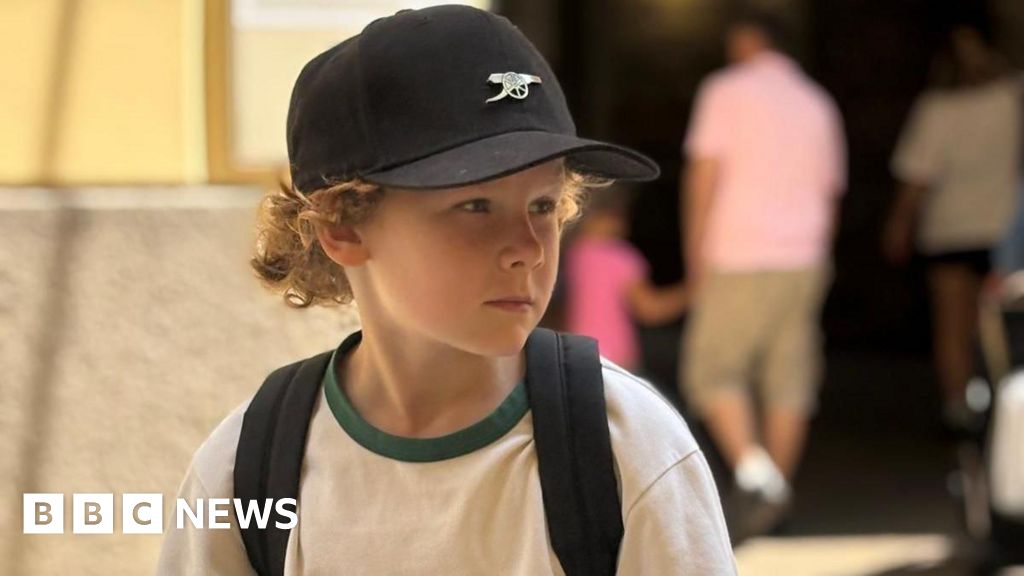


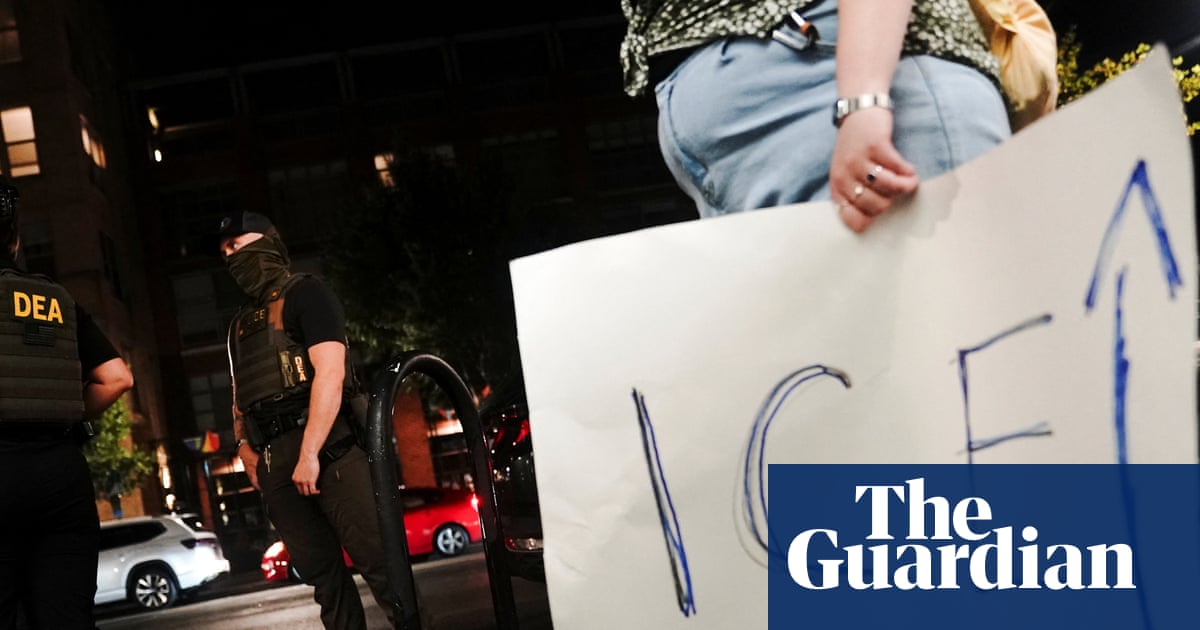





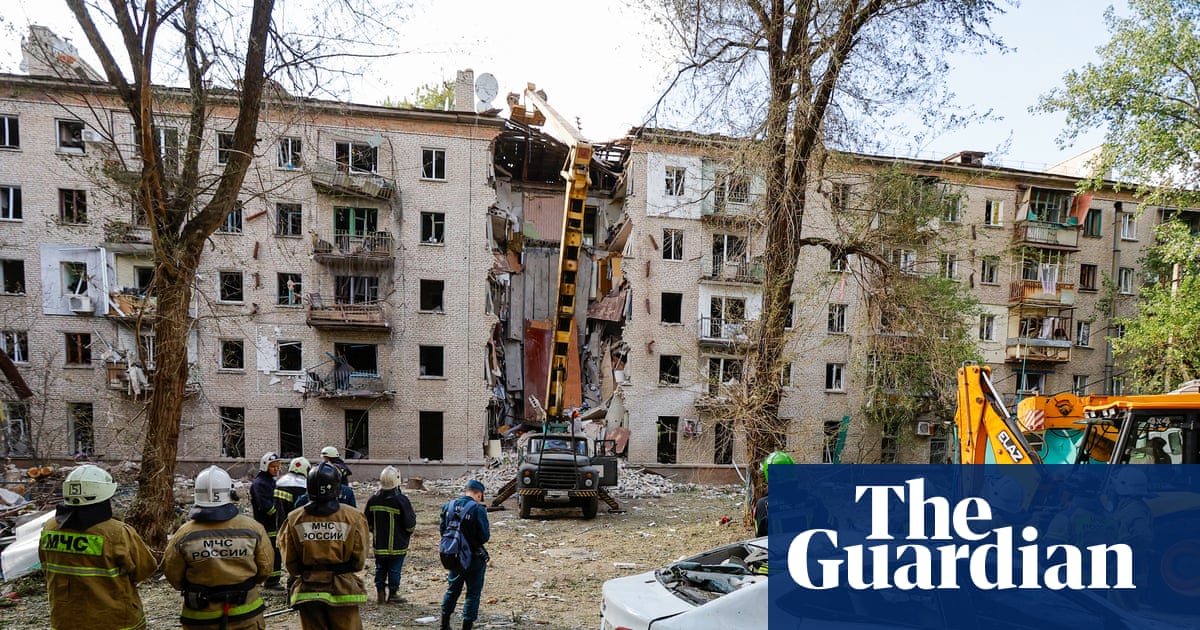
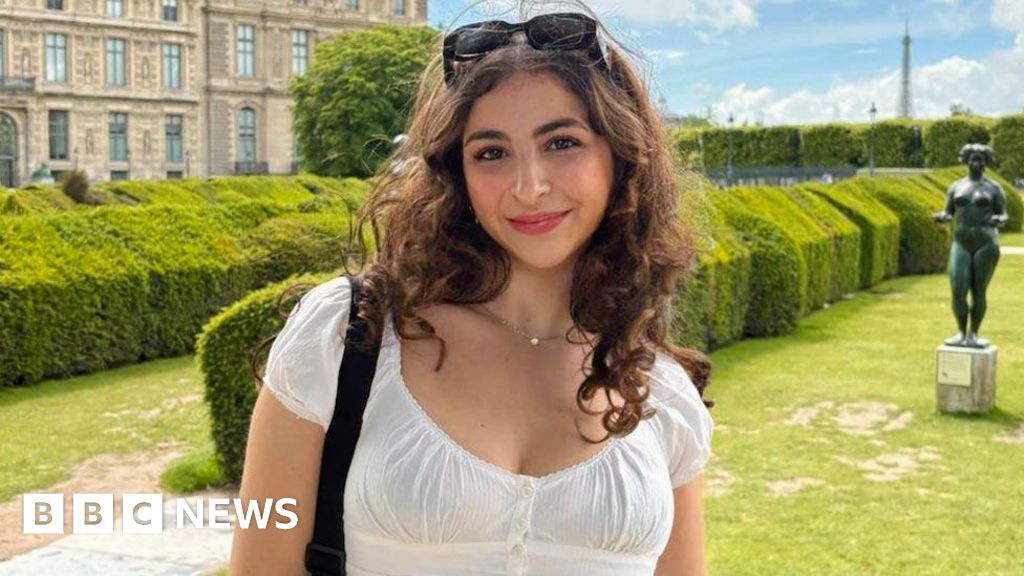
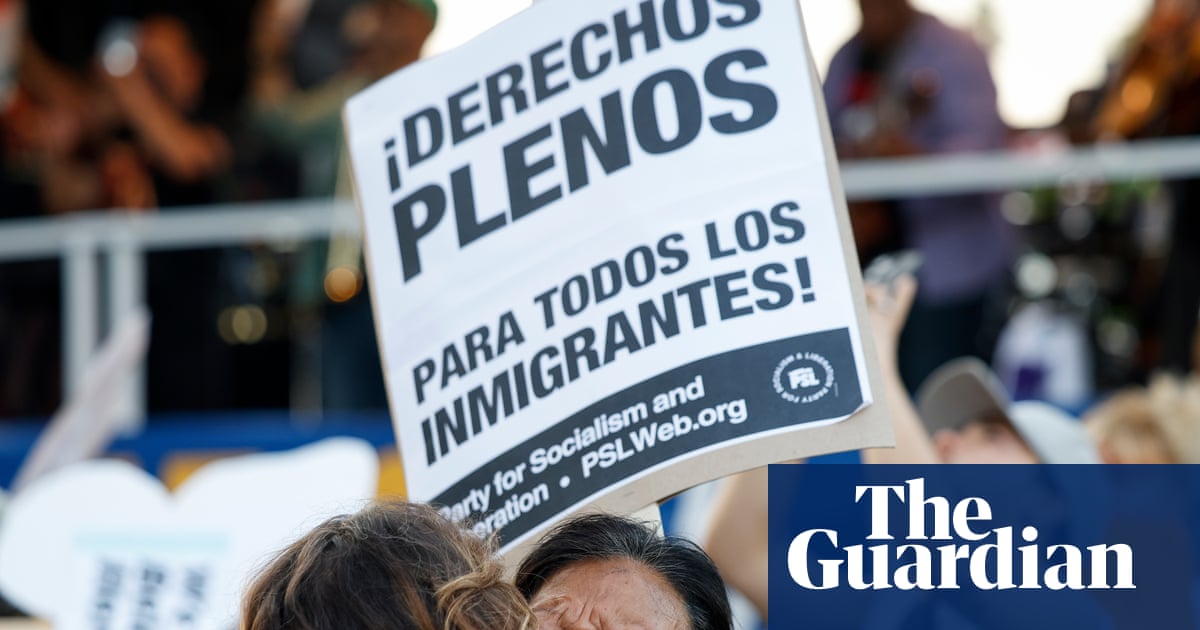
Comments